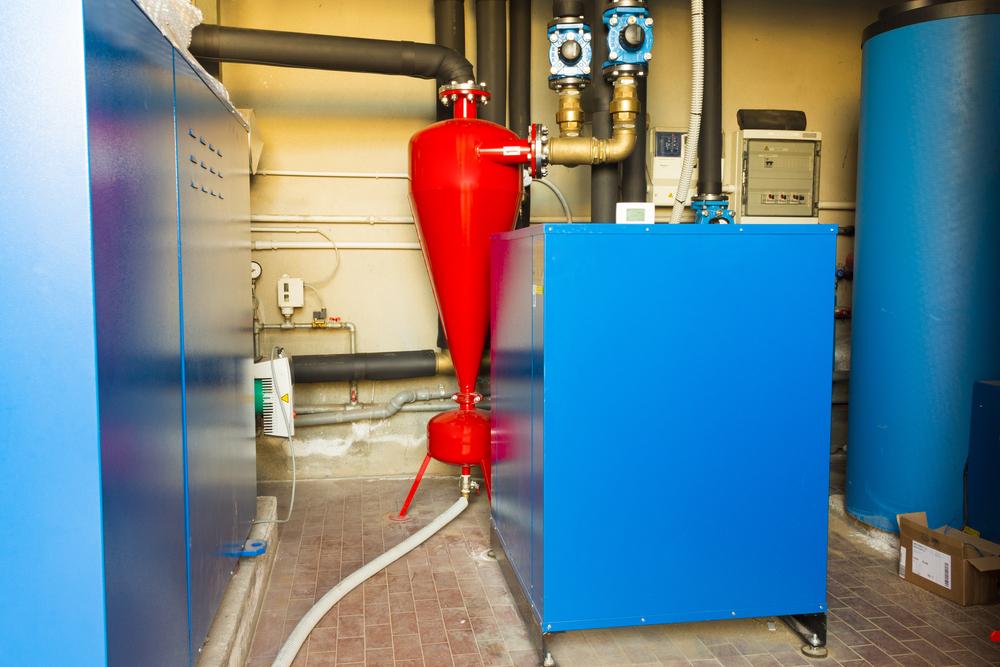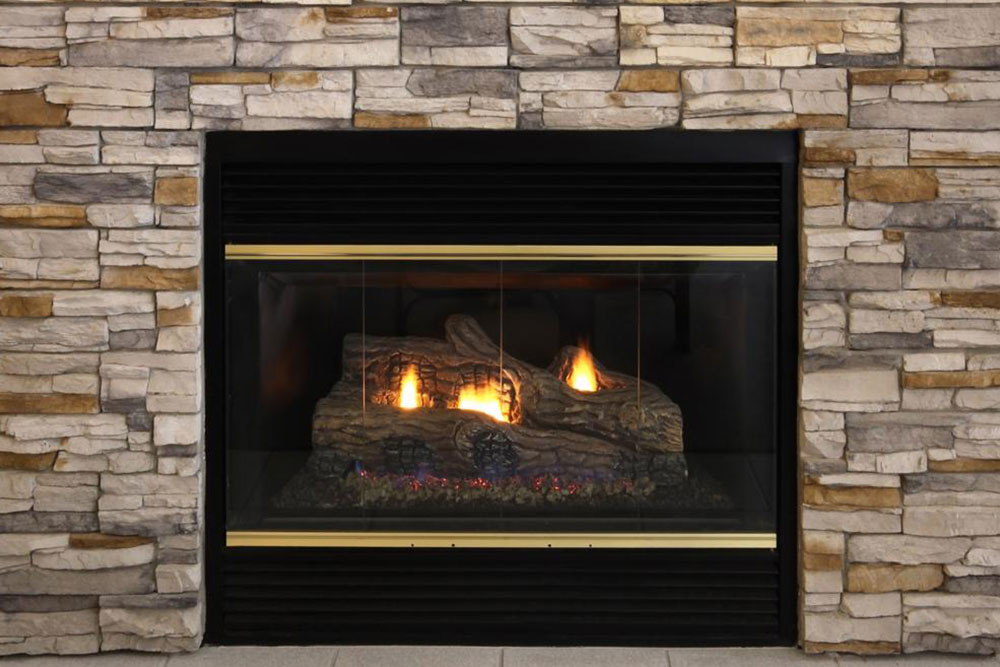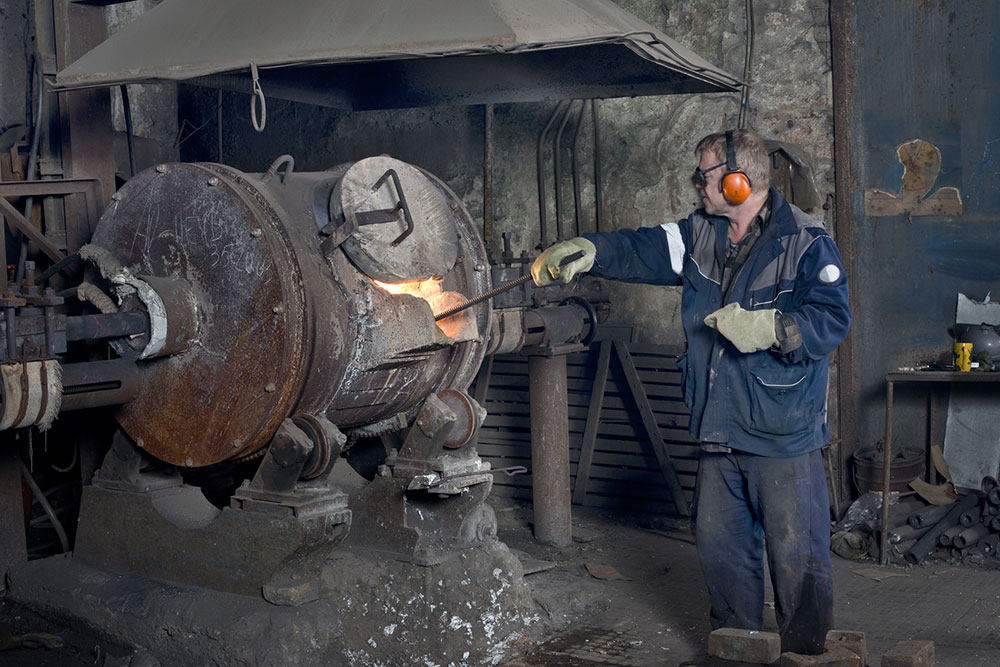Transform Your Home Heating with Advanced Geothermal Heat Pump Technology
Discover how geothermal heat pumps revolutionize home heating with energy-efficient, eco-friendly technology. Learn about operation, costs, benefits, and installation considerations for a sustainable future. Perfect for homeowners looking to reduce energy bills and environmental impact. Explore the long-term advantages of geothermal systems today.

Transform Your Home Heating with Advanced Geothermal Heat Pump Technology
In recent years, geothermal heat pumps have gained significant popularity as an innovative, eco-friendly, and cost-efficient solution for residential heating. While the initial installation can be somewhat expensive, the long-term energy savings and environmental benefits make geothermal systems an attractive alternative to traditional heating methods such as propane, oil, or electric systems. Whether you're considering upgrading your current heating setup or building a new home, understanding how geothermal heat pumps work can help you make an informed decision for sustainable living.
At the core of geothermal heating technology is a fascinating scientific principle that leverages the Earth's natural heat reservoir. Just a few meters below the surface, the ground maintains a consistent temperature throughout the year, averaging approximately 50°F (10°C). This stable temperature acts as a vast thermal battery, storing heat during warm months and retaining warmth during colder periods. This natural thermal stability forms the foundation for the functionality of geothermal heat pump systems.
During winter, when outdoor air temperatures drop, the ground remains relatively warm compared to the frigid air, providing an efficient heat source. Conversely, in summer, the cool subsurface temperatures help to remove excess heat from the home, providing natural cooling. Geothermal heat pumps capitalize on this exchange process by utilizing a ground heat exchanger—usually consisting of a series of pipes buried underground or beneath a water body—to transfer heat efficiently. This process involves circulating a refrigerant or water-based solution through these pipes, absorbing or releasing heat depending on the seasonal needs. By doing so, geothermal systems transfer heat without the combustion of fuels, making them remarkably energy-efficient and environmentally friendly—akin to the way a refrigerator moves heat from inside to outside.
While the benefits of geothermal heating are compelling, it's important to understand the associated costs and installation requirements. The upfront investment typically ranges from $15,000 to $35,000, influenced by various factors such as soil composition, land area, accessibility, and the specific type of ground loop system implemented. Installing a geothermal system in a new construction typically incurs lower costs due to easier integration, whereas retrofitting an existing property can increase expenses by approximately 40-45%. The total cost also depends on the length of the loop system, which can vary based on the size of the home and the geological conditions of the site.
Despite the higher initial expense, the long-term savings and system lifespan often justify the investment. Geothermal systems are known for their durability and low operating costs. The indoor components usually last around 25 years, while the ground loop can remain functional for up to 50 years, reducing the need for frequent replacements and maintenance. Moreover, these systems significantly lower energy consumption—saving homeowners approximately 40-50% on heating bills—compared to conventional systems, making them a cost-effective choice over time.
Beyond economic advantages, geothermal heat pumps are an environmentally conscious solution. Since they do not rely on onsite fossil fuel combustion, they do not emit greenhouse gases such as carbon dioxide or carbon monoxide. This makes them a vital component of sustainable living, reducing your carbon footprint and contributing to global efforts to combat climate change. Additionally, geothermal technology earns recognition for its durability, safety, and low impact on the environment, aligning with the values of eco-friendly homeowners and environmentally conscious communities.
In summary, geothermal heat pump systems represent a significant technological advancement in residential heating. While the initial investment may seem high, the long-term operational savings, durability, and environmental benefits make geothermal energy a prudent choice for homeowners aiming to reduce energy costs and minimize their ecological impact. As technology advances and installation costs potentially decrease, geothermal heating is poised to become a common feature in sustainable housing, transforming how we approach home comfort and energy efficiency in the coming decades.





